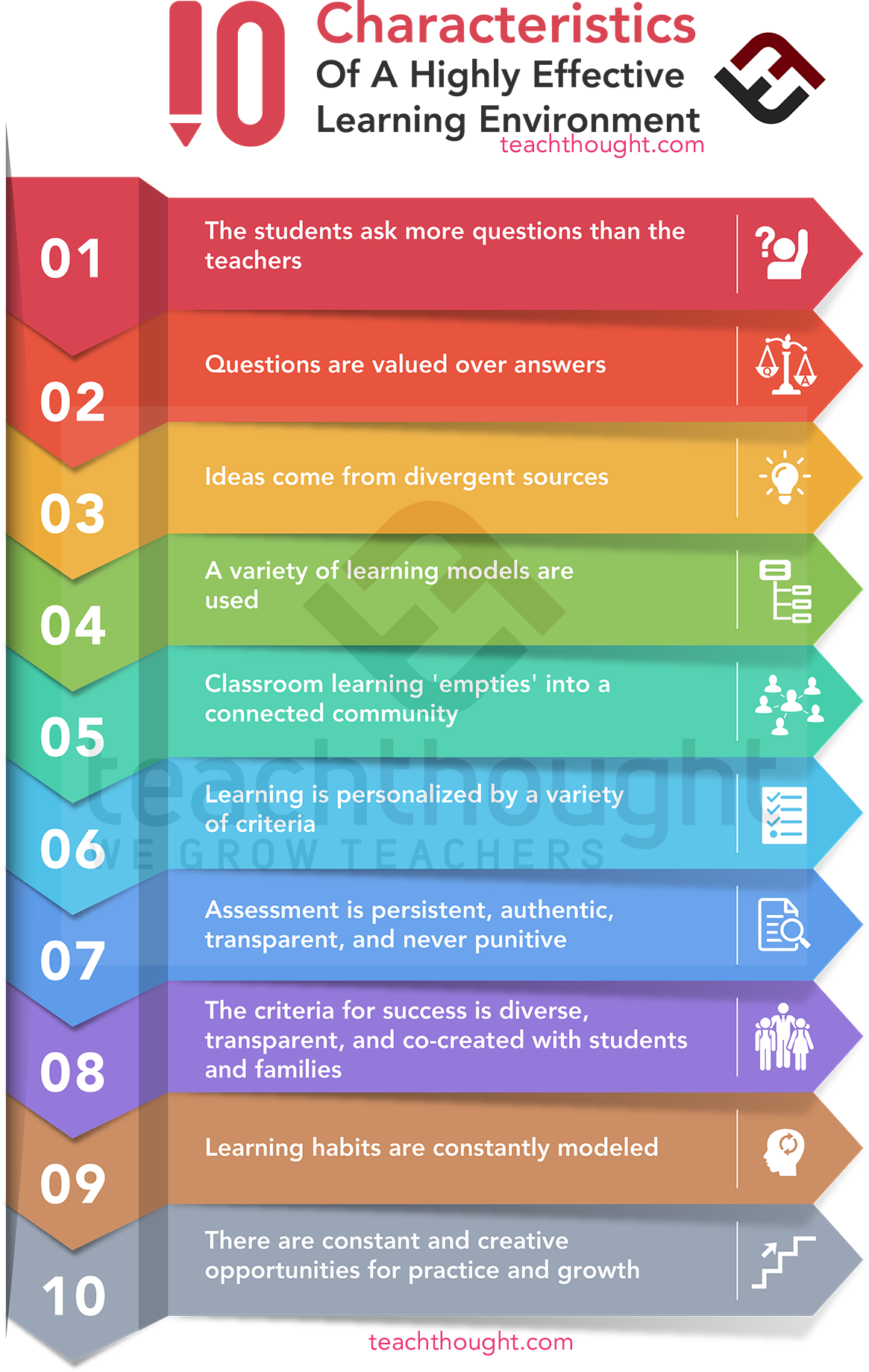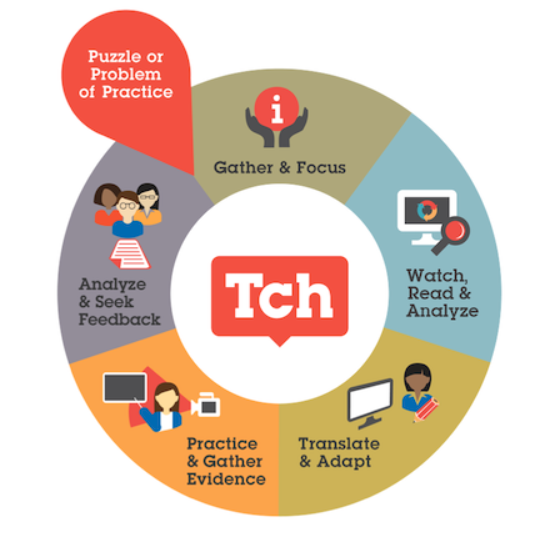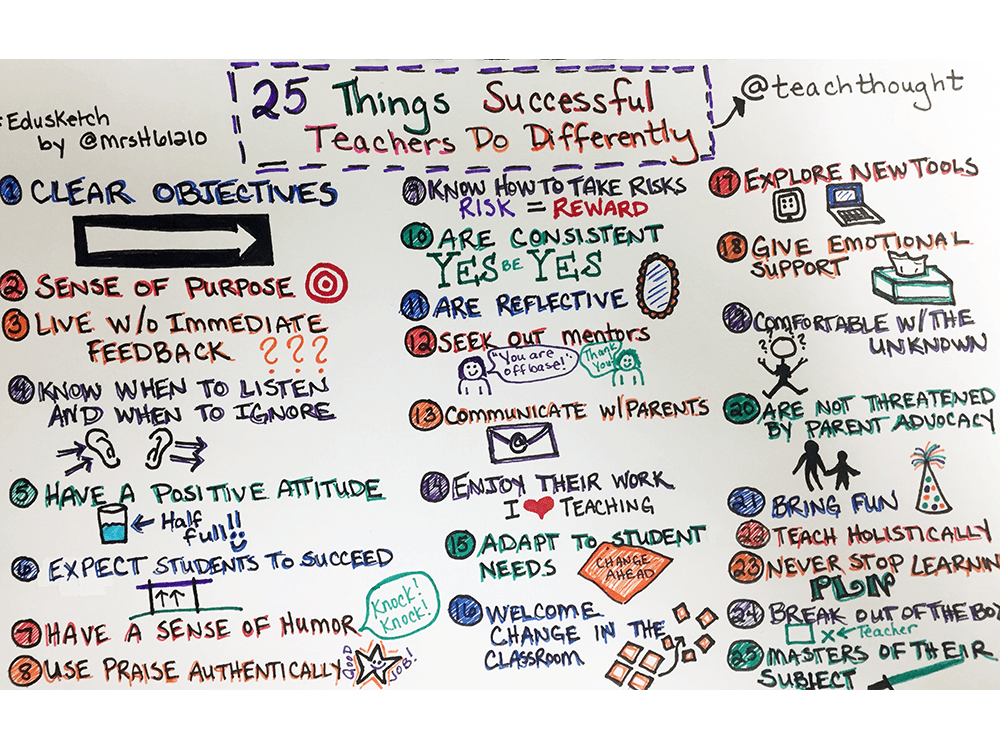This is American Education Week (AEW). The National Education Association (NEA) is “committed to advancing the cause of public education.” The vision of NEA calls “upon all Americans to do their part in making public schools great for every child so that they can grow and achieve in the 21st century.” The goal of AEW is to honor individuals who contribute to the learning process. Each year during AEW the NEA supports and recognizes parents, support staff, community leaders and substitute teachers. Through this public celebration NEA acknowledges all those who contribute time and effort toward enhancement of student success. The AEW tagline is:
Reach. Educate. Inspire.
The kickoff day of AEW schools celebrate excellence in education. Excellence in education is a result of the characteristics of the learning environment and the characteristics of a successful teacher.

My first thoughts and questions related to the opening of the week (excellence in education) were:
**How are these learning environments created?
**How are these successful teachers developed?
**Who teaches teachers to teach?
The teaching profession has been redefined as the interest instructional coaching grows (Wolpert-Gawron, 2016). Coaching is helping another person learn in ways that aids in growth afterward (Frankovelgia, 2010). It is based on:
**asking rather than telling.
**provoking thought rather than giving directions.
**holding a person accountable for his or her goals.
John Whitmore (2017) author of Coaching for Performance describes coaching in a comparable manner.
**Coaching unlocks a person’s potential to maximize performance.
**Coaching is helping the person to learn.
Pedagogy (method and practice), content expertise (subject matter expert) and personal characteristics (relationship building) are the general attributes of a successful coach in business, sports as well as education.
Frankovelgia outlines the keys of effective coaching as:
**Building relationships…trustworthy; shows good judgement; patient; follows through
**Providing assessment…timely feedback; desired vs actual performance; insight into building self awareness
**Challenging thinking….problem solving through pursuing alternative solutions; risk taking; guides but doesn’t direct
**Supporting and encouraging….strong listening skills; open to others perspectives; recognize success and aids encourages growth
**Goal setting….able to set meaningful and measurable milestones; accountability is data driven
The International Olympic Committee (IOC) outlines the keys of effective coaching as:
**Understanding the sport; leads by example
**Being a sponge for knowledge; profound thinker[ visionary
**Sharing the knowledge; educates others**Highly energized; a motivator
**Knowing the athlete; values and respects that relationship**Is an effective communicator & teacher
**Is a good listener
**Is disciplined; strong in character and integrity
**Leads by example with high attitude to hard work
**Displays commitment and clear passion for the sport
The purpose of coaching, in any setting, is to and set and achieve challenging goals through increasing effectiveness, broadening thinking, identifying strengths and developing skills.
The IOC summarizes by stating a good coach is positive, enthusiastic, supportive, trusting, focused, goal-oriented, knowledgeable, observant, respectful, patient & a clear communicator.
An instructional coach puts the AEW tagline into action.

An instructional coach is an excellent classroom teacher (experienced and successful); knowledgeable about learning theory and able to apply this knowledge to the classroom environment.
An instructional coach is a subject matter expert knowledgeable of content area AND a process-oriented person who makes determinations on classroom strategies in part by data driven decisions.
An instructional coach has strong interpersonal skills who is credible and able to build relationships.
An instructional coach embodies the qualities outlined from business and sports. The result are teachers able to help the NEA reach its goal of:
“…making public schools great for every child so that they can grow and achieve in the 21st century.”
The Brookings Institute (2017) concludes that instructional coaching improves teacher impact. By providing more personalized support to teachers, coaching can improve the classroom instruction students receive. Instructional coaching can ultimately ensure that more students are taught by effective teachers and benefit from a high-quality education.
Wrapping Up & Looking Forward
The TeachingChannel mission is to create an environment where teachers can watch, share, and learn new techniques to help every student grow. The video archive has a 3-part series on instructional coaching. Anyone interested in seeing the process at work should watch this series (total time 20 minutes).




